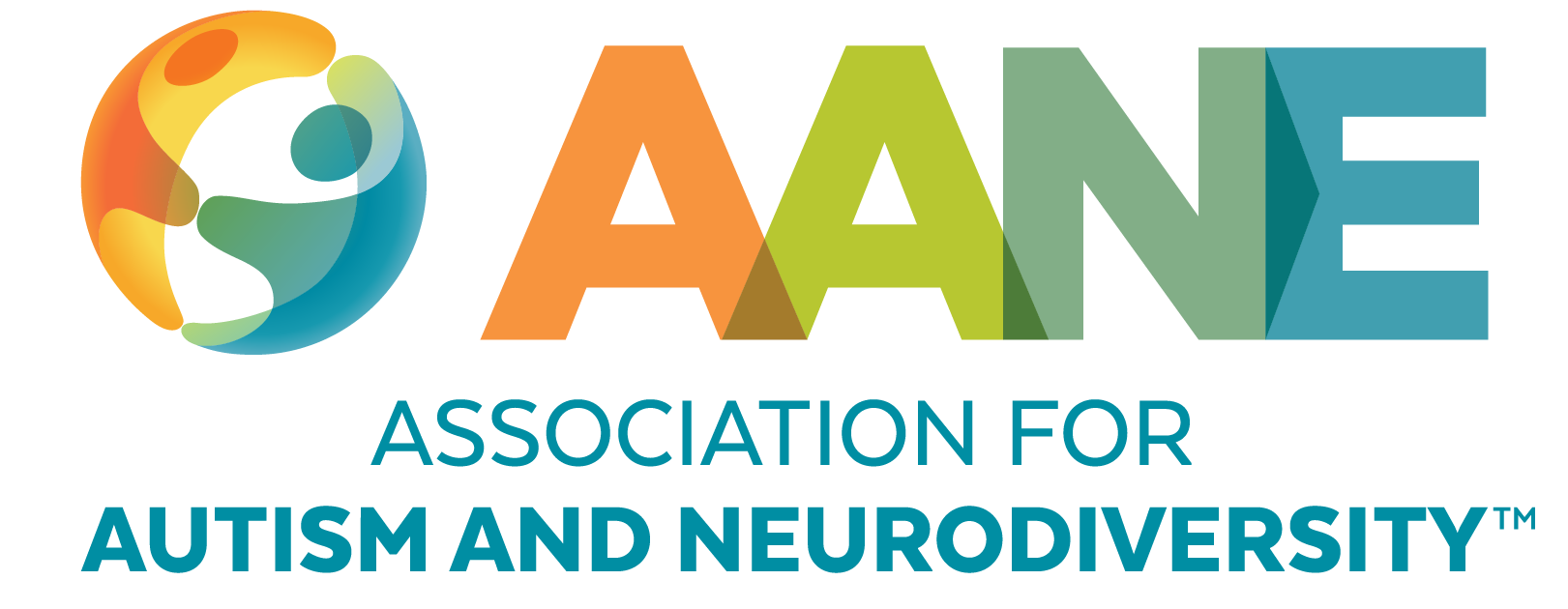
Detecting and Diagnosing Autism in Women
About the Presenter
Marcia Eckerd has been a licensed psychologist for more than 30 years. She has been appointed to the CT ASD Advisory Council and serves on the Clinical Advisory Group of AANE. She is also on the Board of Directors of NeuroClastic.org, an Autistic nonprofit that provides education, opportunities, and resources for Autistic individuals.
This webinar is intended for adults who are or who suspect they are Autistic, parents, other family members, and partners of Autistic individuals, as well as professionals who support Autistic individuals.
Autistic women often go unrecognized and undiagnosed. As a result, studies suggest that the ratio of Autistic males to Autistic females is around 3 to 1. Dr. Eckerd diagnoses and helps Autistic individuals with self-acceptance as neurodivergent. She also helps them navigate achieving their goals. After years of working with Autistic and other neurodivergent individuals, including those originally diagnosed with Nonverbal Learning Disorder (NLD), she’s developed a specialty in diagnosing undiagnosed adults, especially women.
During this webinar, Dr. Eckerd will:
- Explore how the traits of Autistic individuals who identify as female often differ from those of Autistic men
- Discuss why Autistic women are often diagnosed so much later in life
- Point out what families of girls and what adult women might expect in diagnostic assessments, and the differences in diagnostic criteria based on research about Autistic women.
- Outline some of the typical challenges and strengths of Autistic women.
Watch the trailer below. To view the entire recording:
- Click the rental button in the upper right corner of the viewing window below.
- Create a Vimeo username and password or use your existing credentials and log in.
- Enter your payment information.
- For financial assistance, contact [email protected] to receive a discount promo code.
Language Disclaimer: Over the decades, many different terms have been used to discuss autism. AANE is shifting to identity-first language and the term “Autistic” to describe our community, but we continue to respect each individual’s choice of language to describe their own neurotype. Even though this presentation was made before our language shift, we have decided to continue to share it for its valuable information and insight. Learn more about our language and history.
Stay Current
Subscribe for AANE weekly emails, monthly news, updates, and more!




